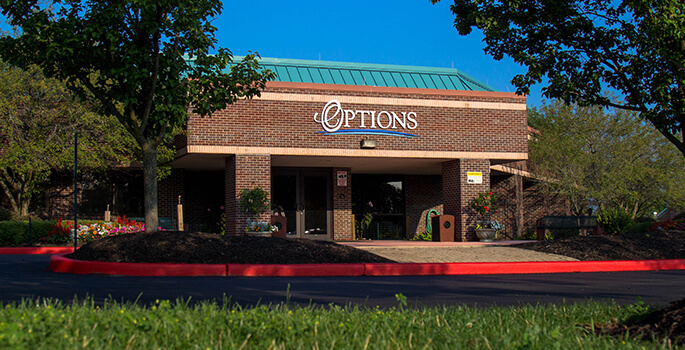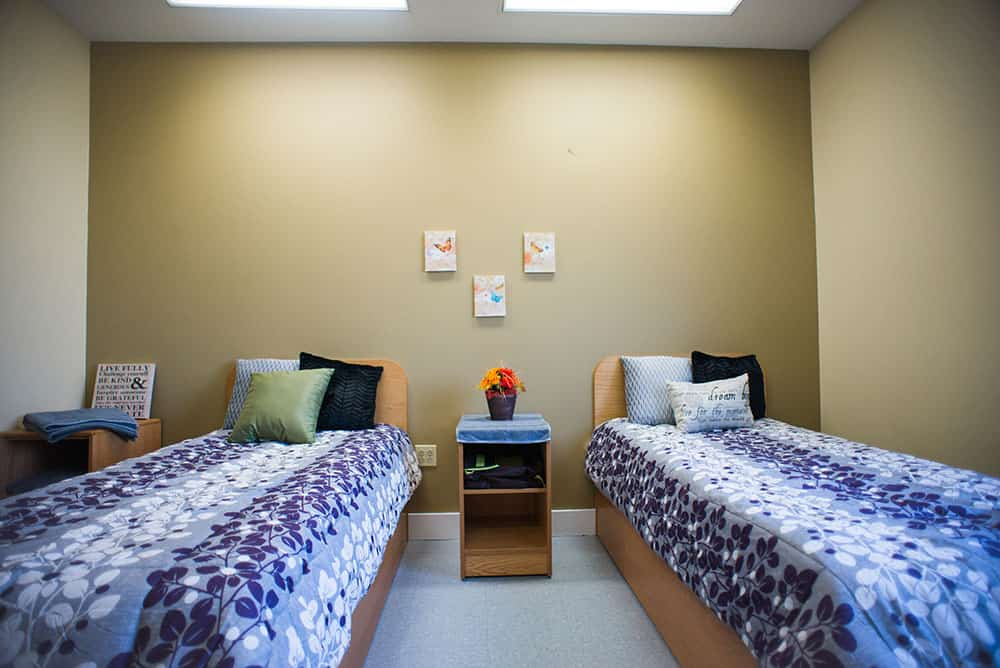Throughout the United States, the issues of substance abuse, mental illness, and incarceration are inextricably linked.
Incarceration in Marion County, IN
The U.S. Department of Justice has reported that about half of all inmates in U.S. jails and prisons have some type mental health disorder, and about one in three were under the influence of alcohol when they committed their crimes.
According to a Dec. 17 editorial in the Indiana Business Journal, Marion County, Indiana, has not been exempt from this problem:
- An estimated 85 percent of inmates in Marion County’s jails (approximately 2125 individuals) have substance abuse problems.
- About 40 percent of Marion County inmates (approximately 1000 men and women) are classified as mentally ill.
- Every day, more than 700 prescriptions are distributed to mentally ill inmates in Marion County jails. On an annual basis, providing prescription medications to these men and women costs about $650,000.
These statistics were included in a report by Indianapolis Criminal Justice Reform Task Force following a seven-month study. The task force was created by Indianapolis Mayor Joe Hogsett, who used the report’s findings as the basis for his recent call for comprehensive reforms to the criminal justice system in Marion County. Indianapolis is the largest city in Marion County, and Marion County is the largest county in the state of Indiana.
Finding Solutions to the Problem
A Dec. 11 article by Indianapolis Star reporter Madeline Buckley noted that Mayor Hogsett’s plan involves identifying and providing support for mentally ill people, as well as for those who have substance use disorders before (or instead of) putting them in jail.
“Mental health professionals and law enforcement would assess people for mental illness and substance abuse, and in some cases, divert them from the jail into treatment,” Ms. Buckley wrote. “Social workers and paramedics would team with police officers to help the most troubled and vulnerable.”
In addition to improving the ability of first responders and other criminal justice personnel in Marion County to identify and assist individuals who are struggling with substance use disorders and other types of mental and behavioral health disorders, Mayor Hogsett’s plan also calls for the construction of a facility where individuals could receive care.
In addition to building a new jail in Marion County, the mayor also wants a new Marion County Assessment and Intervention Center. This center, which ideally would be located adjacent to Marion County’s new jail, would house professionals who can assess individuals for substance use disorders and other mental health problems. Those who are identified as having such problems could then be treated onsite, with the Dec. 11 Indianapolis Star article reporting that treatment in the Marion County Assessment and Intervention Center could last from “as short as four hours to as long as two weeks.”
The mayor indicated that the new Marion County Assessment and Intervention Center could also facilitate a coordinated effort among prosecutors, public defenders, and social workers to ensure that individuals who need longer-term care can be placed in programs that are best suited to their needs.
The Benefits of Change
Andrew Falk, an expert on sentencing reforms with the Sagamore Institute in Indianapolis, told Ms. Buckley that implementing Mayor Hogsett’s plans could have a profound positive impact both on the individuals who would otherwise be incarcerated without assistance as well as on Marion County and the rest of the state.
“Treating, as opposed to merely incarcerating, those with mental health needs and addiction problems reduces recidivism in Indiana by 20 percent,” Mr. Falk said. “So providing mental health and addiction programs has a significant benefit.”










